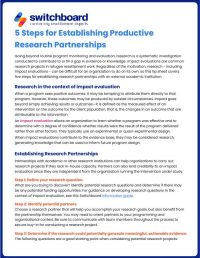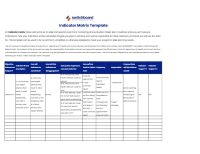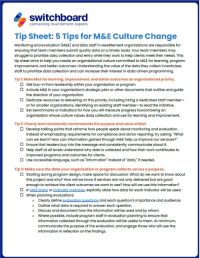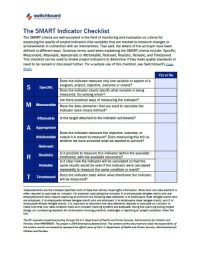Does your organization aspire to do research? Going beyond routine program monitoring and evaluation, research is a systematic investigation conducted to contribute to or fill a gap in evidence or knowledge. Impact evaluations are common research projects in refugee resettlement work. Regardless of the motivation, research including impact evaluations can be difficult for an organization…










